Oksana Karpov, DO, an American Board of Obesity Medicine (ABOM) Diplomate, answers questions regarding the importance of an obesity medicine physician.
What unique skill set can the obesity medicine physician bring to the bariatric surgical setting?
Obesity medicine specialist employs various techniques to help patients achieve their goals. A big part of it is a behavioral change where it becomes the obesity physician’s obligation to not only provide medications and meal replacement products, but also stress the importance of major dietary changes that would provide long lasting results. We work together with bariatric surgery specialists to help patients understand that effective weight management strategies consider not only weight loss but also the maintenance of a healthy body weight over time. A comprehensive approach to weight loss as well as continuous patient counseling are some of the unique skills that the obesity medicine physician can bring to the bariatric surgical setting and this can only be achieved by working together as a group. In addition, practicing in an underserved area I’ve seen most of my patients struggling with simple understanding of what a calorie is. So, a big part of my job is to educate patients and make sure that we are achieving goals together through a comprehensive approach to help solidify healthy eating habits for future success.
What impact can the obesity medicine physician have on patient outcomes?
Obesity complications are numerous and I think our primary goal is to help prevent those complications, which include sleep apnea, diabetes, cancer, multiple musculoskeletal conditions, fatty liver disease, GERD, as well as psychological problems such as social stigmatization and depression. This list is very extensive and it becomes our job as obesity specialists to work on prevention and treatment. When looking at the perioperative period post bariatric surgery, some issues of obesity include surgical and post-surgical risks, wound infections, blood clots in the deep veins, pulmonary embolism and postoperative pneumonia. Another important impact lies in physician-patient communication by obesity status. Our job is to re-visit clinical interaction with patients and ensure we improve their satisfaction, treatment adherence and better health outcomes.
Have you had the experience of working with a bariatric surgeon?
Yes. Having established communication with bariatric surgeon not only helped me to improve patient experience but led to significantly better patient compliance and outcomes.
Are there any clinical findings or evidence-based research supporting the value of obesity medicine physicians and bariatric surgeons working together?
Most patients know the difference between cardiologist and cardiac surgeon, however, more emphasis /research studies are needed to stress the importance of the obesity specialist and bariatric surgeon working together. Gastric bypass and other weight-loss surgeries are typically done only after patients have tried to lose weight by improving their diet and exercise habits. Patients need to meet certain medical guidelines to qualify for weight-loss surgery and it is the job of an obesity specialist to carefully select these patients. One example of bariatric surgeons working together with obesity specialist is looking at patients who do not achieve optimal weight loss or regain weight after bariatric surgery. There are multiple NIH studies on adjuvant weight loss medication to help half weight regain in those patients. https://www.ncbi.nlm.nih.gov/pubmed/29287757l;
What is the value of working with an ABOM Diplomate specifically?
Obesity is the most prevalent chronic disease in our society. Yet, many physicians are not trained in how to manage it. The American Board of Obesity Medicine certifies physicians looking to bridge this gap.
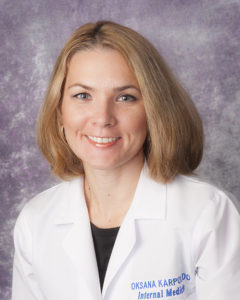 Dr. Oksana Karpov, DO is the Program Director, Osteopathic Internal Medicine, at UPMC McKeesport in McKeesport, PA. In addition, she is Director of Medical Education (DME) at UPMC McKeesport and Clinical Assistant Professor of Internal Medicine at Lake Erie College of Osteopathic Medicine. She graduated from Lake Erie College of Osteopathic Medicine in 2007 and completed a residency in internal medicine at UPMC Mercy in Pittsburgh, PA in 2010. She was certified as an ABOM diplomate in 2017 after realizing the importance of spending time educating her patients and helping them achieve weight loss.
Dr. Oksana Karpov, DO is the Program Director, Osteopathic Internal Medicine, at UPMC McKeesport in McKeesport, PA. In addition, she is Director of Medical Education (DME) at UPMC McKeesport and Clinical Assistant Professor of Internal Medicine at Lake Erie College of Osteopathic Medicine. She graduated from Lake Erie College of Osteopathic Medicine in 2007 and completed a residency in internal medicine at UPMC Mercy in Pittsburgh, PA in 2010. She was certified as an ABOM diplomate in 2017 after realizing the importance of spending time educating her patients and helping them achieve weight loss.

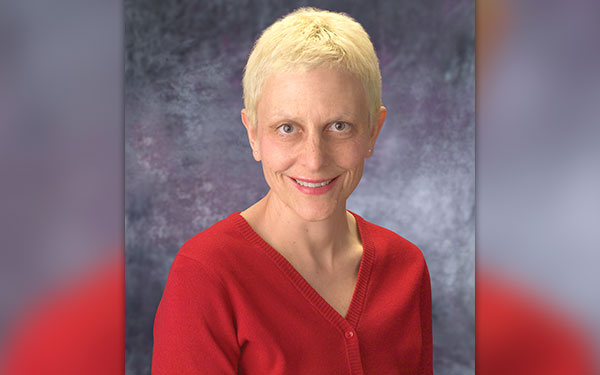
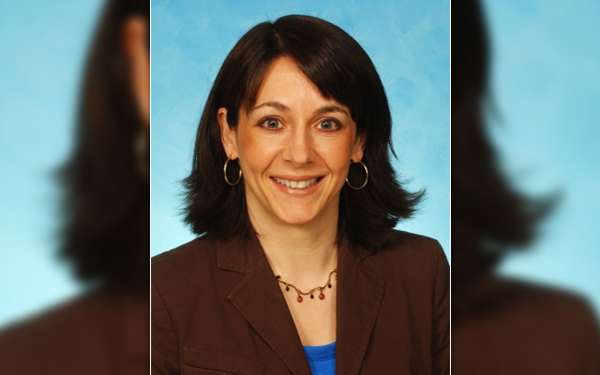
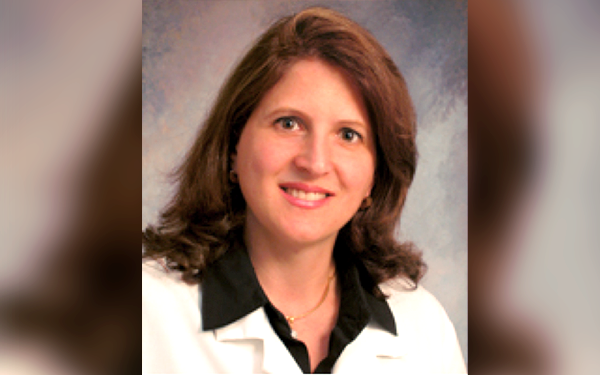
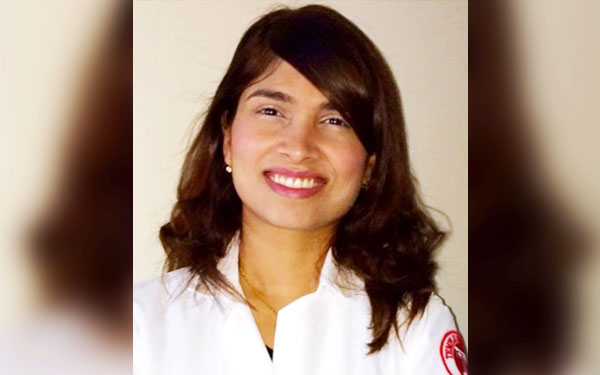
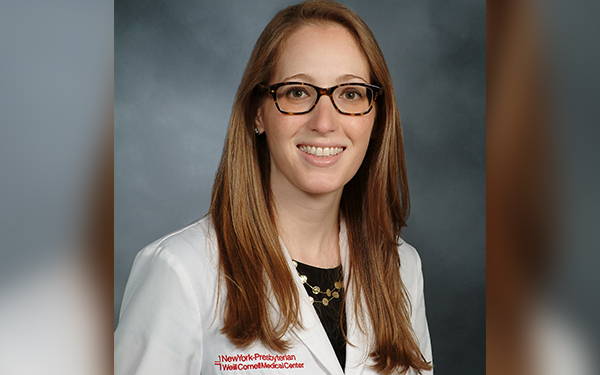
Leave A Comment
You must be logged in to post a comment.